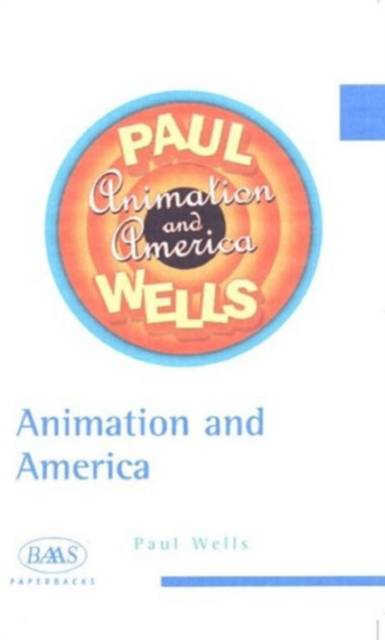
- Retrait gratuit dans votre magasin Club
- 7.000.000 titres dans notre catalogue
- Payer en toute sécurité
- Toujours un magasin près de chez vous
- Retrait gratuit dans votre magasin Club
- 7.000.0000 titres dans notre catalogue
- Payer en toute sécurité
- Toujours un magasin près de chez vous
Description
The 'cartoon' is synonymous with the United States - the all conquering Disney studio, the anarchic antics of Bugs Bunny and Daffy Duck, the satiric vision of The Simpsons - but rarely is this taken seriously as an important aspect of artistic and cultural achievement, nor as a vision of America itself. In Animation and America, Professor Paul Wells looks at animation in the United States afresh, discussing the distinctiveness of the cartoon form, and the myriad others types of animation production, insisting upon the 'modernity' of the form, and its crucial importance as a barometer of the social conditions in which it was made, and which it reflects.The book does not work as an orthodox history of animation in America, but rather uses animation as a way of discussing personal, social and political change, concentrating on the ways in which the form continues to grow, experiment, and remain subversive while gaining increasing popular acclaim and recognition. Now in the vanguard of visual culture per se, animation occupies an important position in representing both the outcomes and impacts of new technologies - as it has always done - but also has laid the foundations for a new understanding of social and artistic practice.
Spécifications
Parties prenantes
- Auteur(s) :
- Editeur:
Contenu
- Nombre de pages :
- 172
- Langue:
- Anglais
- Collection :
Caractéristiques
- EAN:
- 9781853312038
- Date de parution :
- 26-03-02
- Format:
- Livre broché
- Format numérique:
- Trade paperback (VS)
- Dimensions :
- 138 mm x 216 mm
- Poids :
- 240 g

Les avis
Nous publions uniquement les avis qui respectent les conditions requises. Consultez nos conditions pour les avis.






